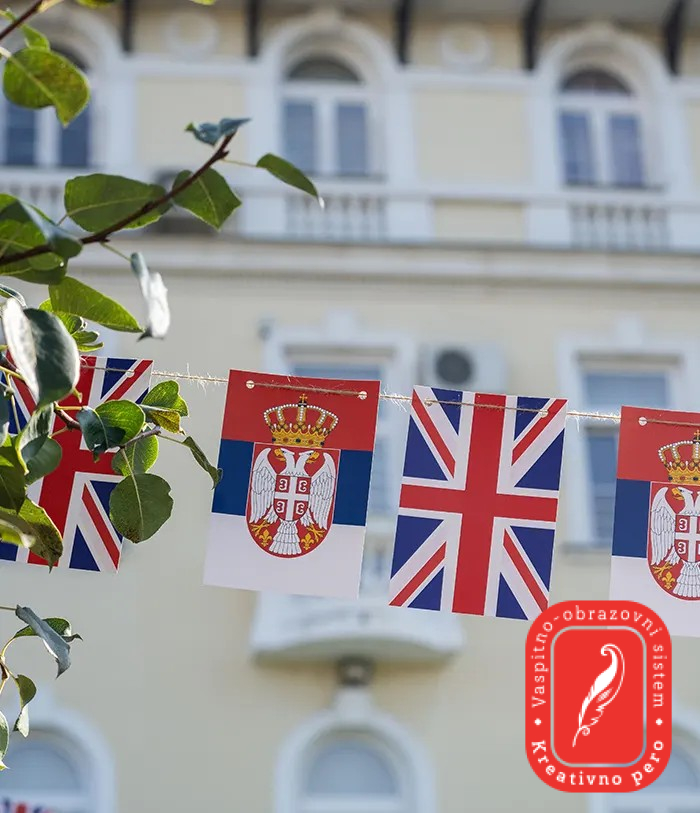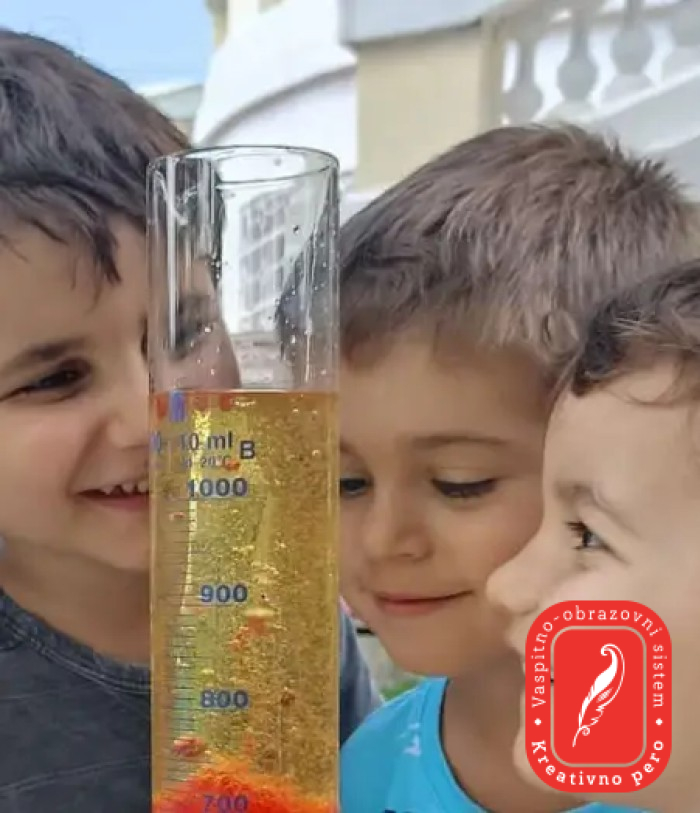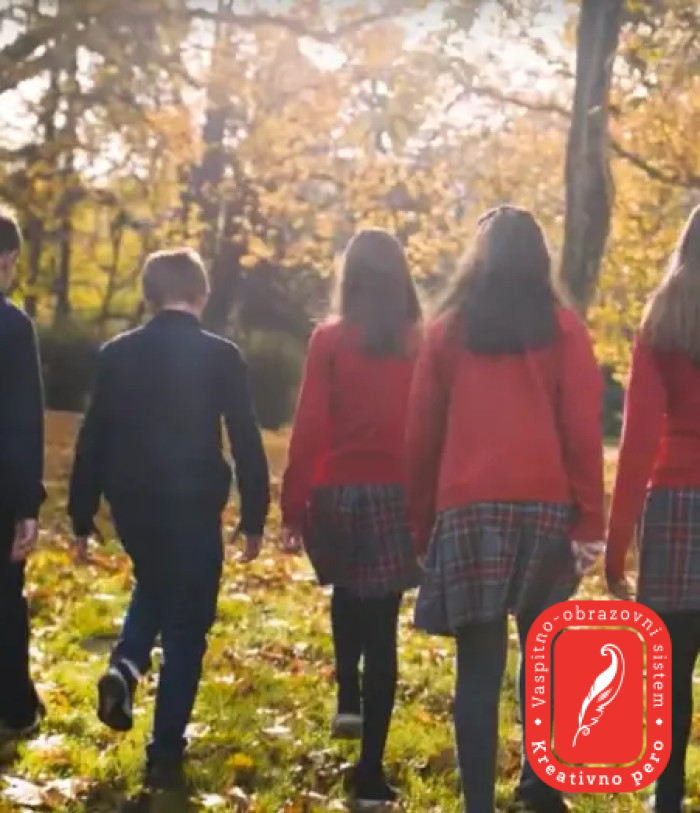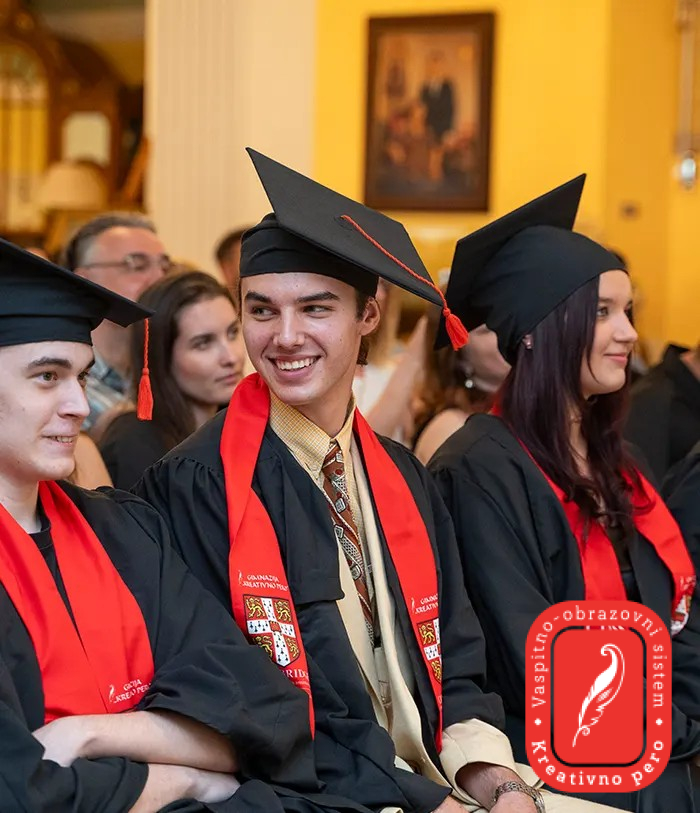The school applies motivational assessment with the aim of encouraging learning and developing internal motivation, which is the key trigger of the desire for learning. In the first grade of Primary school, the assessment is descriptive, and from the second to the eighth grade, numerical grading is applied. The Cambridge International Examination System provides for both internal and external knowledge testing. This means that external tests in Mathematics, Science and English are prepared and evaluated by experts from the Cambridge International Examination System twice during primary education, at the end of the sixth and ninth grades according to the Cambridge programme. Additionally, internal tests for student’s progress tracking, prepared within our school, start from the second grade of Primary school. In this way, students, parents and teachers all receive information about academic achievement and progress, which enables an individualised approach in further work. Each child receives appropriate support to continue mastering the programme.
Student progress monitoring is also done through individual papers, which are kept in portfolios, so that parents have the opportunity to monitor their child's progress. Our team of psychologists and pedagogist, monitors students, which includes testing and evaluating their cognitive, social, emotional and motor maturity in order to ensure optimal conditions for developing all potentials and provide appropriate support.
Parents can track their children's progress during the school year through written reports on the student's progress, which they receive at the end of the first and third grading periods, and Cambridge reports, which they receive at the end of the school year. In these reports, in addition to academic progress, parents are also informed about all aspects of their child’s development including socialization, work habits, interests and motivation to learn.
Parents and students are also regularly surveyed, with the aim of improving the quality of the educational process. Due to the different age characteristics of the children in our school, different types of surveys are applied. A mosaic approach is used for children from kindergarten and lower primary school, while students of older grades of primary school and secondary school students fill out online surveys, thereby additionally practicing their ICT skills, while simultaneously evaluating the quality of the work of the teaching staff and the institution. The results of these surveys are used to prepare strategies and develop educational programmes.





